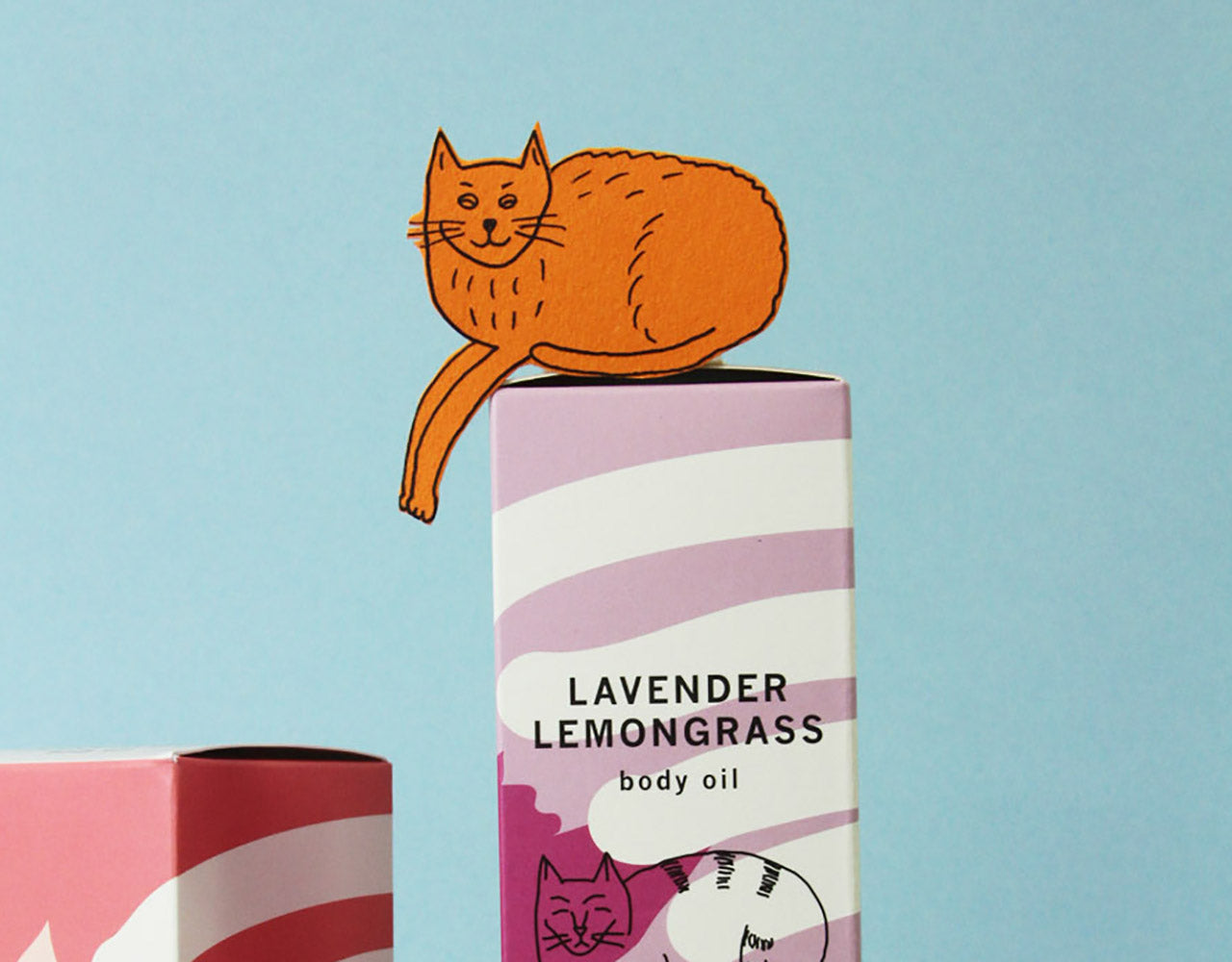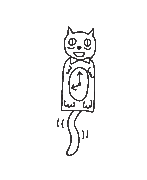
Meow Meow Tweet is not perfect. The reality of running an eco-conscious business in the current capitalist system means that there are a lot of obstacles in our way.
Without systemic change, Meow Meow Tweet may never be perfectly zero waste, and we may never be able to source all of our ingredients directly from organic farmers. We often wonder whether our being perfect would make enough of a difference anyway. The reason that we keep chugging along, choosing to try our best at every turn, is because we hope that our small company will inspire another, and that we might even pave the way for someone bigger to do better. And we think that perhaps it’s with that collective hum, the combined efforts of a great number of people and businesses demanding it, that the system might actually change.
WHAT DO WE WISH WE WERE DOING BETTER?
We are big believers in regenerative, organic farming because it inherently changes the way that a farmer treats their land, benefitting both the earth and the farmer. While we pride ourselves on using organic, fair trade, wild-crafted, and vegan ingredients, we wish that we could do more.
Take our shea and cocoa butters, for example. We currently source them through a third party, fair trade certifier. However, we hope that one day we will have the capacity to source these ingredients directly from community-owned cooperatives, so we can establish a closer relationship to the farmers and support their efforts to implement the best land and labor practices possible.
Waste is another area where we would love to improve. Despite employing our best efforts to eliminate waste wherever possible, we still produce about three cubic feet of trash per week at our production facility.
Most of that trash comes from incoming shipments of ingredients. For example, we receive a lot of our oils and other liquid ingredients in large metal drums. The metal drums themselves are totally recyclable (in fact, our local recycling facility loves it when we bring them in), but they have to be wrapped in sheet plastic in order to be shipped safely on pallets. We reuse as much of that plastic as possible, but ultimately it ends up in the landfill.
WHAT ARE SOME OF OUR PACKAGING PAIN POINTS?
When it comes to our product packaging, we have found numerous ways to cut down on waste over the years. Most recently, we began offering bulk options for all of our oils, our Face Mask, Face Exfoliant, Skin Cream, and Body Powder, meaning that less of our packaging will enter the waste stream. But we still have to make trade-offs from time to time.
When it comes to choosing between a sanitary product experience and plastic packaging, we always opt for health first. Many of our customers have asked why we still use plastic pumps for our oils. Those plastic pumps are pesky, but without them our customers would have to stick their hands into the oil in order to use it, which can cause bacteria growth and unsafe contamination. Until we find a better alternative, we will continue to use these plastic pumps because they provide a safe and superior product experience.
Another frustrating component of our packaging comes in the form of the thin, styrofoam discs we use to seal our Deodorant Cream. Because this product can melt during shipment, keeping them sealed is important for avoiding contamination and mess. We have searched high and low for a biodegradable or universally recyclable alternative, but sadly, that just doesn’t exist right now. We would love to invent our own solution someday, but for now, we offer our customers free return shipping and we happily recycle all returned styrofoam seals with TerraCycle.
HOW WOULD CHANGING THE SYSTEM HELP?
We may never be able to eliminate plastic from our production process, but what if we could change plastic itself? Imagine if all plastics were derived from plant-based materials instead of fossil fuels, then the plastic bags that protect our blocks of shea butter during shipping would be biodegradable. If the US established widespread composting facilities, we could rest easy knowing that those biodegradable plastic bags would support healthy soils and local workers at the end of their lives.
Imagine if the global economy favored small businesses instead of corporate monopolies. Such a world would lend itself more easily to thriving small farms and conscious producers, making it more accessible for us to be able to work directly with organic, ethical suppliers. This kind of systemic shift would also encourage other companies to produce locally in small batches, thus making it easier for you, the consumer, to find products that match your values.
These are just a few small ways that we would wish for the system to change, but they are powerful. The structure within which our business operates matters, because it dictates the decisions that we must make. As hard as we may try to be perfect, our efforts can only go so far in a system that prioritizes consumption and capital above all else. Until the global economy is designed to work in harmony with mother nature and all living beings, we will continue to have to make the best decisions we can, even if they aren’t exactly ideal.
Written by Faye Lessler, a California-born, Brooklyn-based freelance writer and founder of lifestyle blog, Sustaining Life. She loves to write mission-driven content while sipping black tea in a beam of sunshine.

